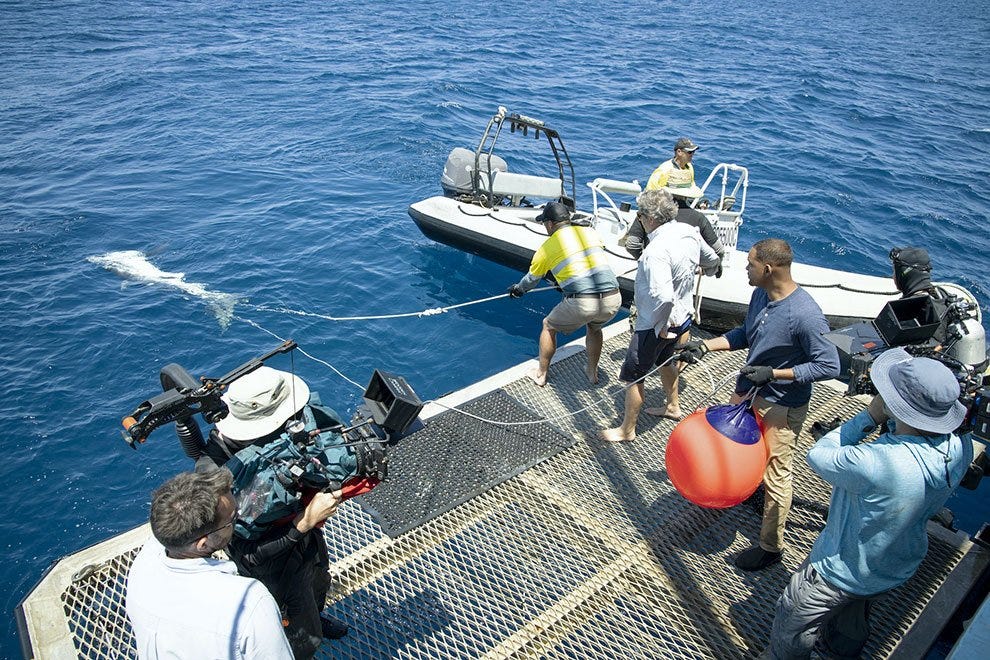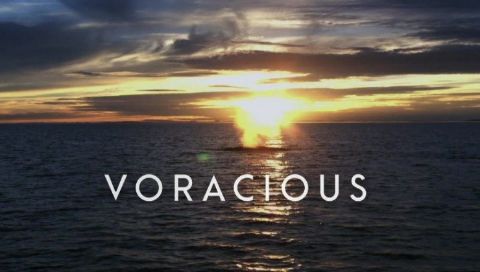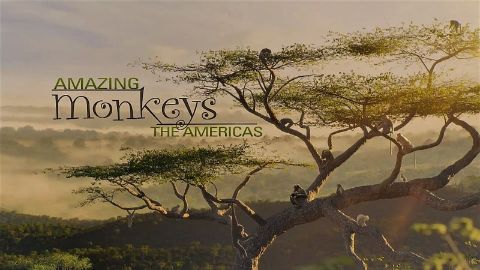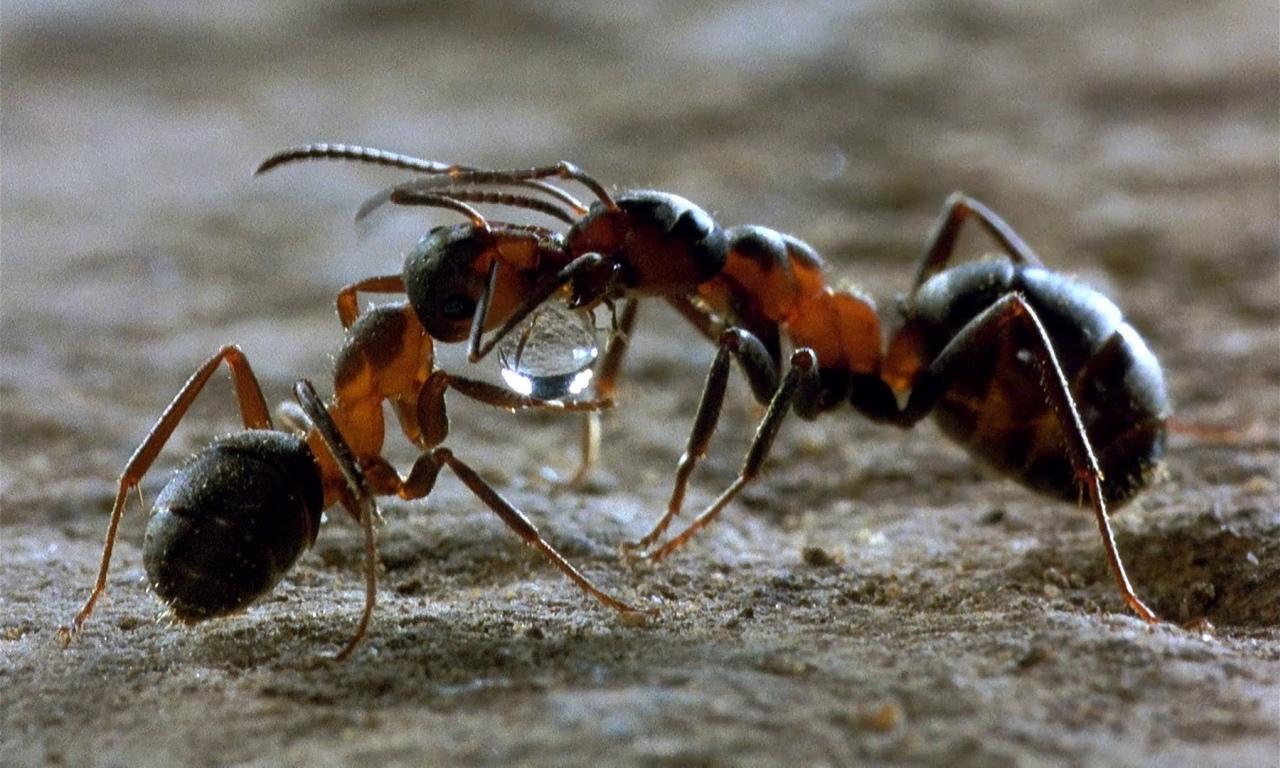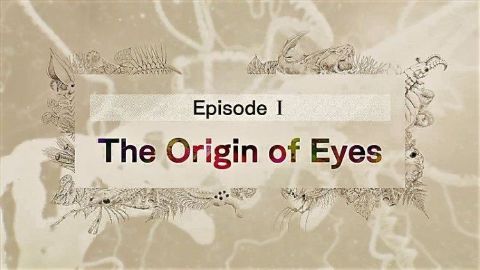Iberia's Woodlands: Life on the Edge • 2020
(Contains 2 episodes) Shot over a year in the Mediterranean forests of Spain and Portugal, this series reveals the challenges faced by the astounding and rare creatures that make this unique environment their home. Competition here is fierce and survival means overcoming constant challenges. Home for some of the world's rarest species including Iberian lynx, genet, chameleon, Iberian wolf, Spanish imperial eagle and Egyptian mongoose, this series captures the cycle of life for the creatures that roam this ancient woodland.
Make a donation
Buy a brother a hot coffee? Or a cold beer?
Hope you're finding these documentaries fascinating and eye-opening. It's just me, working hard behind the scenes to bring you this enriching content.
Running and maintaining a website like this takes time and resources. That's why I'm reaching out to you. If you appreciate what I do and would like to support my efforts, would you consider "buying me a coffee"?
Donation addresses
BTC: bc1q8ldskxh4x9qnddhcrgcun8rtvddeldm2a07r2v
ETH: 0x5CCAAA1afc5c5D814129d99277dDb5A979672116
With your donation through , you can show your appreciation and help me keep this project going. Every contribution, no matter how small, makes a significant impact. It goes directly towards covering server costs.
